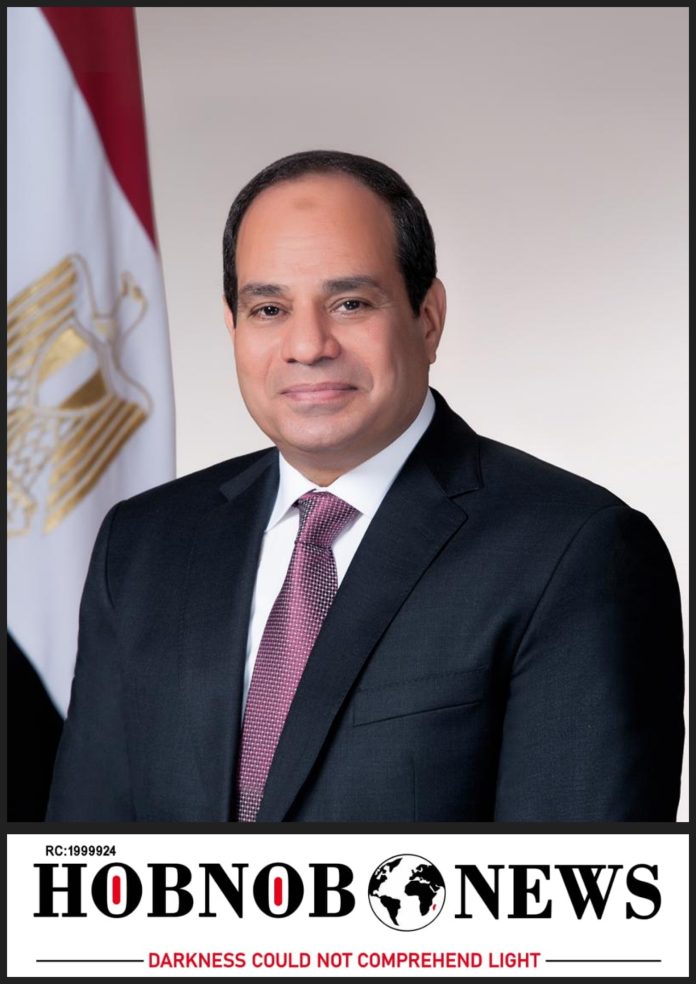Shortly after the Central Bank of Egypt increased its main interest rate and announced the exchange rate would be determined by market forces, the Egyptian pound on Wednesday sharply declined against the dollar.
This move, aimed at addressing inflation and attracting foreign investment amid a foreign currency shortage, led to the pound losing over 60% of its value against the dollar within hours.
The central bank raised key interest rates by 600 basis points, reaching 27.75%, with overnight deposit and lending rates also raised to 27.25% and 28.25%, respectively.
The Egyptian economy has faced challenges from government austerity, the coronavirus pandemic, fallout from the war in Ukraine, and the recent Israel-Hamas conflict. The war in Ukraine, impacting the global economy, particularly affected cash-strapped Egypt due to its vulnerability as the world’s largest wheat importer. Since January 2022, the Egyptian pound has lost approximately 50% of its value against the dollar.
The Central Bank of Egypt’s measures aim to curb the black market in currencies and slow inflation, which exceeded 31% in January. The annual inflation rate was over 31% in January, according to official figures. The central bank emphasized targeting inflation as its nominal anchor and allowing the exchange rate to be determined by market forces.
Authorities indicated securing funds for market needs, potentially stabilizing the exchange rate.
Analysts believe recent funds secured may stem from a multi-billion dollar deal with an Emirati consortium to jointly develop Ras el-Hekma.
This deal could bring $35 billion to Egypt. The rising cost of basic goods has exacerbated hardships for middle-class and poor Egyptians, facing price hikes since the government’s 2016 reform program.
Nearly 30% of Egyptians live in poverty, according to official figures. Economists interpret central bank moves as indications of government efforts to secure another financing package from the International Monetary Fund (IMF), aligning with a key IMF demand for a flexible exchange rate.
Analyst James Swanton suggests these moves signal policymakers’ commitment to returning to economic orthodoxy.
“This is likely to pave the way for an IMF deal within hours,” he said.

